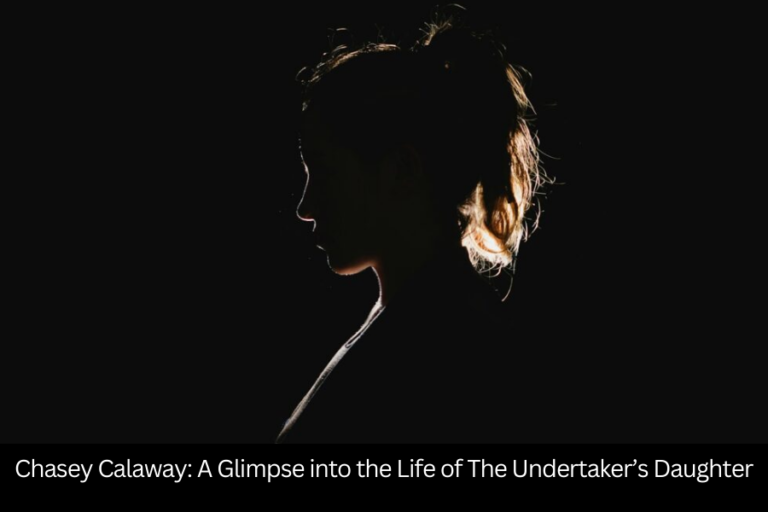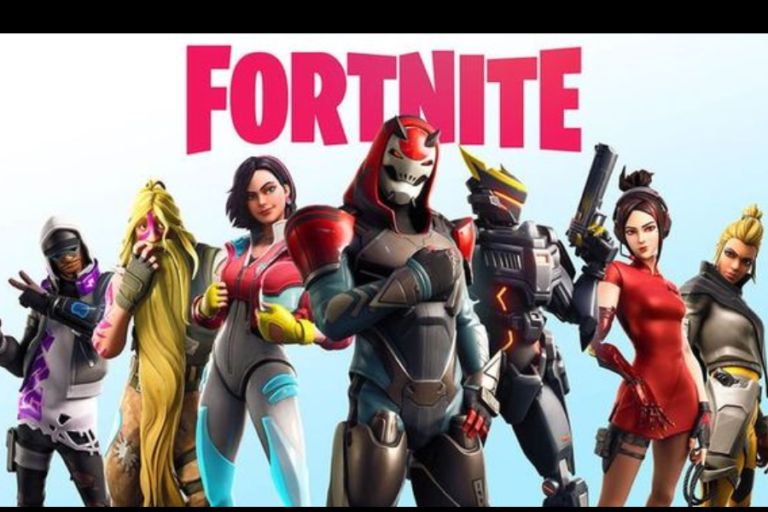Craijcraij: A Journey Into Digital Language Evolution
In the world of internet culture, language is constantly evolving. New terms, phrases, and slang words pop up regularly, many of which spread like wildfire across social media platforms, online forums, and messaging apps. Some terms become mainstream, while others remain confined to niche circles or take on new meanings as they’re adopted by different groups. One such term that has recently caught attention is “craijcraij.” At first glance, it might seem like just another piece of internet jargon, but upon closer examination, “craijcraij” offers a unique insight into how language is evolving in the digital age.
In this article, we’ll explore the concept of “craijcraij,” its origins, how it’s used, and what it tells us about the way online communities are shaping the evolution of language. While its meaning may still be fluid, understanding its usage can give us valuable clues about the direction of digital communication.
Origins
The first question that arises when encountering “craijcraij” is where it came from. Like many internet slang words, “craijcraij” doesn’t have a clear, documented origin. However, it’s likely to have emerged from the vast ocean of social media conversations and online discourse where playful, absurd, and whimsical language thrives.
Some online users speculate that “craijcraij” is a playful variation of the word “crazy,” but it’s hard to pin down exactly when or where it first gained traction. As is common with digital slang, its origins may be rooted in a specific subculture or even a single viral meme that sparked its spread.
What’s particularly fascinating about “craijcraij” is that it’s not merely a term that spreads through a specific group or community. Instead, its meaning seems to be constantly shifting, with users appropriating and adapting it in different contexts.
Evolution
The beauty of internet slang like “craijcraij” is that it evolves organically. What may begin as a joke or a random expression can quickly morph into something entirely different as more people adopt it.
Unlike more straightforward slang terms that often have clear meanings, “craijcraij” seems to exist in a fluid, somewhat ambiguous space. Some users might use it as an exaggerated version of “crazy,” implying something is wild or unpredictable. Others may use it to describe an experience that’s chaotic, over-the-top, or nonsensical.
There’s also a sense of playfulness around the term—”craijcraij” doesn’t take itself too seriously. It’s a word that invites humor and levity, which is a hallmark of many internet slang words. Its appeal lies in its ability to capture the energy of spontaneous conversation, allowing users to express a wide range of emotions or situations in a lighthearted way.
This flexibility makes “craijcraij” an interesting example of how language can be shaped by collective usage. In a sense, its meaning is determined not by a formal definition but by the way it is used by the people who embrace it.
Usage
When it comes to how “craijcraij” is used, the sky’s the limit. The term has no rigid set of rules or boundaries, and its flexibility is one of the reasons it has caught on with different online communities. Below are some examples of how people might use “craijcraij” in conversation:
- To describe a chaotic situation: If someone experiences a hectic day or finds themselves caught up in an unpredictable event, they might say, “This day has been craijcraij!” The term here emphasizes the wild, uncontainable nature of the situation.
- As a playful descriptor for a person: Someone might use “craijcraij” to refer to someone who’s acting eccentric or unpredictable. For example, “She’s acting all craijcraij today!” In this context, the term is more about describing someone’s behavior than a situation.
- To exaggerate an idea or event: If something seems particularly outlandish or unbelievable, a user might describe it as “craijcraij.” For example, “That movie was craijcraij, I can’t even explain it!” Here, it acts as an exaggeration, emphasizing just how over-the-top the experience was.
- In memes or reactions: Like many other slang words, “craijcraij” finds its home in memes and reaction videos, especially in spaces like Twitter, Reddit, or TikTok. People use the term to react to situations that are absurd, unexpected, or just plain bizarre.
The versatility of “craijcraij” allows it to be used across a variety of contexts, and this broad applicability is part of why the term has gained traction in the digital world.
Digital Language and its Fluidity
The rise of internet slang like “craijcraij” highlights a fundamental shift in how we think about language today. Traditional language structures are defined by dictionaries and grammar rules, but digital language is far more fluid. In online communities, words and phrases are often redefined or adapted to fit the needs of the moment.
“Craijcraij” is a perfect example of how meaning can be shaped collectively. As more people begin using the term, its definition becomes less fixed, allowing it to take on new shades of meaning depending on the context. It’s a word that encourages creativity and expression, giving people the freedom to communicate in a more spontaneous, less structured way.
This fluidity in digital language is not a new phenomenon. Words like “lol,” “brb,” and “smh” have all evolved over time, and new slang words are constantly being coined to fit specific needs. “Craijcraij” is simply the latest addition to this ever-growing lexicon, and it reflects the way online communities create meaning in real-time.
Craijcraij and Community Culture
One of the key drivers of digital slang’s evolution is community culture. On the internet, language doesn’t just develop in isolation; it is shaped by the people using it. Different groups—whether they’re based on interests, geographic locations, or even shared experiences—create their own forms of communication.
For example, “craijcraij” might be used more heavily by younger audiences who enjoy creating playful and humorous language. This is typical of many internet subcultures, where there is a desire to create something unique that reflects the group’s collective personality.
Additionally, the viral nature of social media means that terms like “craijcraij” can spread quickly across different communities. A phrase that starts in a niche group can make its way to a larger audience through viral memes, videos, or hashtags, evolving as it travels from one platform to another.
This organic, community-driven development is what makes terms like “craijcraij” so fascinating. They provide a window into how language evolves in real-time, influenced by the diverse and ever-changing landscape of online interactions.
The Future of Craijcraij
As with many internet terms, “craijcraij” is likely to continue evolving. It may stick around as a regular part of digital communication, or it might eventually fade away as newer terms take its place. What’s important to remember is that language in the digital age is in a constant state of flux.
Whether “craijcraij” becomes a staple of internet slang or a fleeting phase, it’s clear that it represents the creativity and spontaneity that define online communication. It is a perfect example of how language continues to adapt and evolve in the digital age, shaped by the people who use it and the communities they build.
Conclusion
“Craijcraij” may not have a fixed definition, but that’s what makes it so fascinating. It’s an example of how language is living and changing, shaped by the people who use it. As online communities continue to create, share, and redefine terms, we can expect to see more examples like “craijcraij”—words that blur the lines between humor, chaos, and creativity.
In the world of digital discourse, meaning is fluid, and “craijcraij” is just one of the many terms that illustrate how language is being reshaped in the digital age. Whether you find it baffling or amusing, one thing’s for sure: “craijcraij” is a product of the internet’s unique ability to reinvent language and make it its own.






